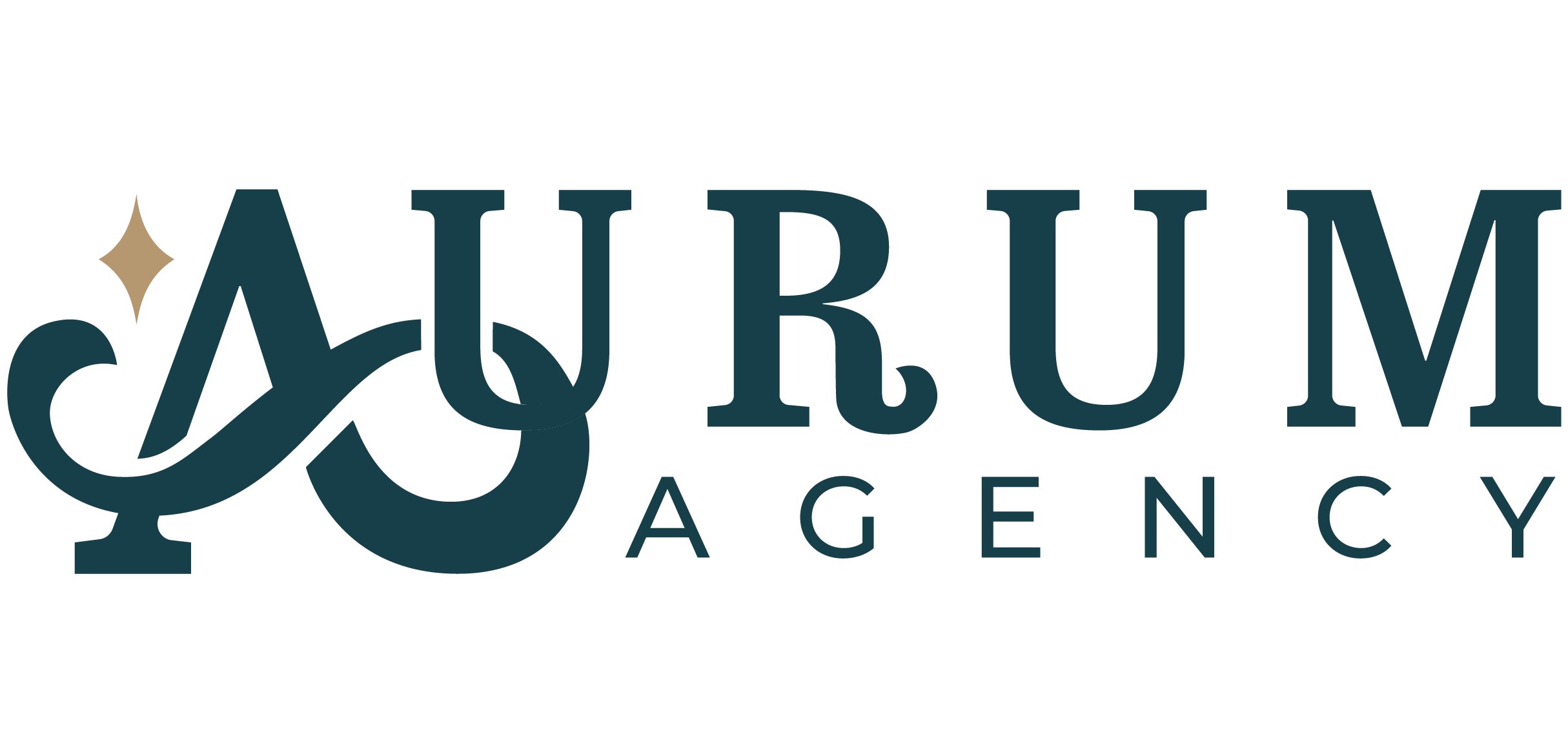As we approach 2025, the marketing landscape is poised for significant transformation.
Emerging technologies and evolving consumer behaviors reshape how businesses connect with their audiences.
In order to stay competitive, it’s crucial to understand and adapt to these forthcoming trends.
1. Hyper-Personalization Through AI and Data Analytics
Artificial Intelligence (AI) and advanced data analytics are enabling businesses to deliver highly personalized content and experiences.
By analyzing consumer behavior and preferences, companies can tailor their messaging to individual needs, enhancing engagement and loyalty.
For instance, AI-powered tools can segment audiences and automate data-driven campaigns, ensuring the right message reaches the right person at the right time.
2. Rise of Voice and Visual Search
A study conducted by Meticulous Market Research estimates that by 2025, the global voice recognition market will reach $26.8 billion.
The increasing use of voice-activated devices and visual search tools is changing how consumers find information.
Optimizing content for voice and visual search is becoming essential.
This involves updating SEO strategies to include conversational keywords and ensuring images are properly tagged with relevant metadata, making it easier for consumers to discover products and services through these mediums.
3. Expansion of Social Commerce
Social media platforms are evolving into comprehensive shopping destinations. Features that allow in-app purchases are streamlining the buying process, leading to higher conversion rates.
Businesses should leverage shoppable posts, collaborate with influencers, and create engaging content to capitalize on this trend.
This approach not only enhances the shopping experience but also meets consumers where they spend a significant portion of their time.
4. Emphasis on Sustainability and Ethical Marketing
Consumers are increasingly favoring brands that demonstrate ethical practices and sustainability.
Transparency about sourcing, production, and corporate social responsibility initiatives can build trust and differentiate a brand in a crowded market.
Highlighting eco-friendly products and sustainable practices in marketing materials can resonate with socially conscious consumers.
5. Focus on First-Party Data and Privacy-First Marketing
With growing concerns over data privacy and the decline of third-party cookies, businesses are turning to first-party data collected directly from customers.
This shift allows for more accurate targeting while respecting consumer privacy.
Implementing transparent data collection methods and emphasizing privacy in communications can foster trust and compliance with regulations.
6. Evolution of Video Content: Short-Form, Live, and Interactive
Video remains a dominant form of content, with short-form videos, live streaming, and interactive formats gaining popularity.
These formats cater to consumers’ preferences for quick, engaging content.
Businesses should diversify their video strategies, experimenting with different formats and using analytics to understand what resonates most with their audience.
7. Omnichannel Marketing with a Unified Customer Experience
Providing a seamless experience across digital and physical platforms is becoming increasingly important.
Consistent branding and messaging across all channels enhance customer satisfaction and loyalty.
Integrating customer interactions and utilizing Customer Relationship Management (CRM) tools can help maintain this consistency, ensuring a cohesive brand experience.
A great product to use for this is Hubspot. It does even more than CRM!
8. Adoption of Augmented Reality (AR) and Virtual Reality (VR) for Experiential Marketing
AR and VR technologies are creating immersive experiences that engage consumers in unique ways.
From virtual try-ons to interactive product demos, these technologies offer innovative avenues for customer interaction.
Investing in AR/VR applications can provide memorable experiences that set a brand apart from competitors.
To Wrap It All Up
The marketing landscape in 2025 will be defined by personalization, technological integration, and ethical practices.
By proactively embracing these trends, businesses can build stronger connections with their audiences and drive sustained growth.
Staying informed and adaptable is key to thriving in this dynamic environment.
